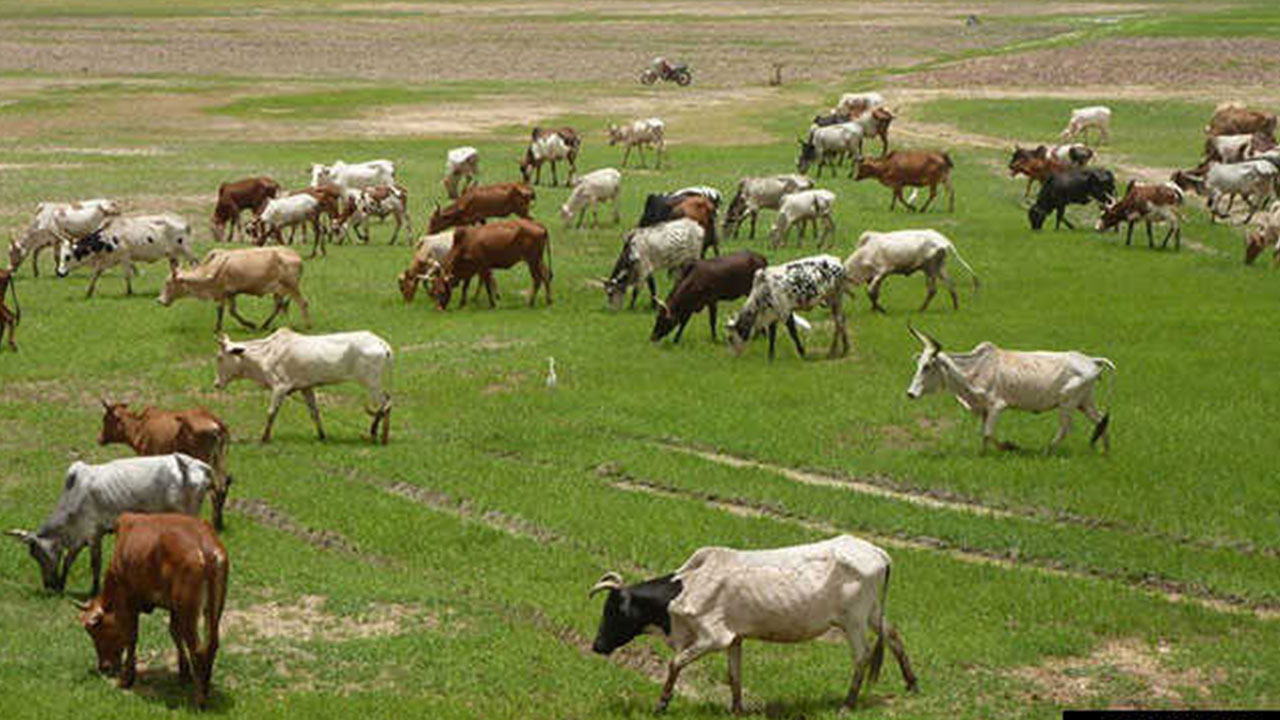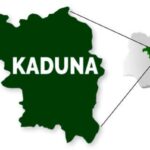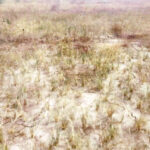Today, many of us recognise the recent efforts for the total reversal of the menace of banditry and kidnapping bedevilling Nigeria and the Northern region in particular, as acts alleged to be perpetrated by the nomadic Fulani. We have seen proposals that include military action, political, religious and social interventions.
All these are efforts to ensure the sustainable return of peace and improved livelihood of our teeming Nigerians and the nomads in particular. We all have the belief that no nation can thrive amidst chaos and breakdown of law and order. It’s only through peace that our population can make progress and development is assured.
- Kano tomato, onion farmers, marketers lose big as blockade persists
- Kidnappers proposed to marry us — Freed schoolgirls
While we proffer solutions, there is the need to bear in mind the basic precursors to environmental changes driven by human activities towards resource exploitation. These environmental challenges, prominent among them, are climate change and biodiversity loss. Of particular interest are the changes that affect ecosystem services brought about by wildlife over-exploitation. Of recent, we have seen how climate change has altered our rainfall pattern with attendant delays in rain onset and heavy downfalls with consequences of flooding and other environmental impacts. These incidences have caused a huge loss in human lives, agriculture and economies.
The usual pastoral life common among Fulani and fishermen in Nigeria are not spared by these climate change consequences. The pastoral Fulani known to keep ruminants as the source of their entire life and the sustenance of their livestock depend on forest provisions of trees, grasses, space and water. However, it is also clear that climate change, biodiversity loss through agricultural expansion and infrastructural development and other needs have also impacted on the vegetable resources upon which the livestock depends. In the cause of these pastoral activities of looking for green pasture, Nigeria, and most other sub-Saharan African countries, has recorded a number of clashes between the nomadic Fulani and farmers with loss of lives and quantum economic loss.
With the attendant issues raised above, many developed and developing countries have for the past decades considered livestock keeping as a commercial venture and switched to the modern way of ranching that is more environmentally friendly and of high economic returns. In this approach, the livestock are improved through genetics for more profitable products of meat, milk, hide, organic fertiliser etc. However, in our own case, a typical Fulani that traditionally feels proud (and of high prestige) to keep a thousand or more heads of animals may need to be informed of new approaches of managing improved and more profitable livestock. Nowadays, improved livestock gives more products of milk, meat etc than the local unimproved breeds. In this modern practice, the nutritional and other resources needed by the livestock are also provided in situ through pasture growth and development, water provision and veterinary services. The nomads would also be in a place and this makes it possible for the provision of social amenities like schools, health centres, security outfits etc to the nomadic communities.
In adopting ranching, I suggest that it should be based on agroforestry and agro-pastoral practices which would be in tune with Climate Smart Agriculture (CSA) and or Climate Smart Agroforestry (CSAf). In these practices, emphasis should be the integration of multi –purpose trees like our popular Acacia albida (or Faidherbia albida), commonly called “Gawo” in Hausa providing animal feed and other environmental benefits. The biology of this plant is so interesting that we even have a Hausa proverb which says “Jiran gawon Shanu”, this simply translate to “Cows are earnestly waiting for the Acacia plant”. The Gawo plant is such that it shades its leaves during the rainy season and develops highly nutritious leaves to be used as fodder for livestock during the dry season. Usually it is during the dry season that most of the feed reserves for livestock are exhausted. Apart from the Gawo tree, so many multipurpose trees abound that can be integrated in the new modelled ranching. I am hoping that the adoption of this form of ranching would not only ensure sustainable supply of nutrition to livestock but also many environmental benefits. These include, carbon sink in climate change mitigation, biodiversity enrichment, improved soil organic matter, medicinal herbal resources etc. Generally, planting right trees in the right place should be our watch word.
Also in a scenario like this, processing industries for the livestock products can easily spring up, while revenue from these economic activities can be easily realised by government. Equally, localizing these technologies would further bring more opportunities in job creation. The traditional marketing of the milk products in towns and villages by a typical Fulani lady is itself viewed by so many with great concern in terms of sociology, moral, economic ramifications etc. In general, and with these practices, the pastoral nomads can be integrated into the larger sustainable Nigerian communities with a reciprocal contribution to national development. However, these practices are yet to be adopted by our nomads, largely because of lack of awareness and support by both government and non-governmental organisations.
The Nigerian nomadic Fulani’s life in my opinion is a “good laboratory” in which it commonly showcases the two “extremes” of life separated by “traditional belief, practices and prestige” which include an extreme of resources that can bring better life and accomplishment and an extreme of low socialisation and under development.
In developing a model ranch for adoption which is to provide a sustainable means of livestock keeping in Northern Nigeria in particular, we need to look at pasture development based on agroforestry and agro-pastoral practices. Adopting this approach to grow the pasture would furthermore save the floral and faunal biodiversity which is constantly affected by habitat disturbance.
There is also the need for genetic improvement of the local livestock with a view to profitable animal and dairy products which should include water provision for growing pastures and for their animal usage, and more affordable local housing scheme to meet their needs when they settle in one place.
Again, because of the consequences of the use of firewood in climate change through deforestation, biogas technology (from animal excreta) can be developed as a means of energy source for domestic use by the Fulani. Cow dung for instance, provides the best biogas source that can provide heat and electricity. After the biogas production, the slurry is an excellent organic fertilizer free of weeds to improve pasture growth.
We need to review and reposition nomadic education introduced in the early 1990s to enhance the achievement of its objectives.
The entire nomadic life is business-based and an improved model and new innovations that can help the Fulani to get maximum profit in their product marketing. This will also require continuous public enlightenment and creating awareness for the Fulani on the need to adopt this change.
Similarly Research and Development must continue with active engagement of scholars with the pastoral nomads to improve this model for sustainability and development. This should engage stakeholders to nurture the ranch model for sustainability.
Dr. Bashir Yusuf Abubakar is an Associate Professor, Department of Botany, Ahmadu Bello University, Zaria

 Join Daily Trust WhatsApp Community For Quick Access To News and Happenings Around You.
Join Daily Trust WhatsApp Community For Quick Access To News and Happenings Around You.


